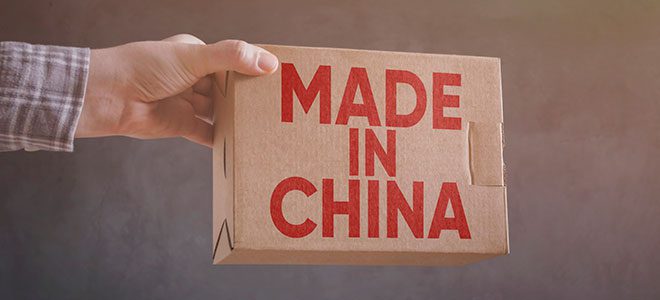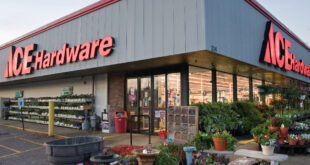Jonathan Gold, a trade expert for the National Retail Federation, answered questions from Hardware Retailing about the effects of recent Chinese tariffs. He provides insight into new 25 percent trade duties levied on hundreds of billions of dollars in Chinese products entering the U.S. Some of the tariffs went into effect in May and others were still under discussion in June.
The tariffs touch every industry, according to Gold. NRF takes the stance that the trade duties on Chinese goods are damaging to U.S. retail. Most retailers in the independent home improvement industry agree. More than 65 percent of retailers responding to a survey from Hardware Retailing believe the effects will be negative. The rest see the impacts as positive, neutral, minimal or unclear.
Hardware Retailing (HR): How will the tariffs on Chinese products impact independent retailers compared to larger companies?
Jonathan Gold (JG): It’s going to be more challenging for small businesses. They might not have the flexibility, like larger retailers, to shift sourcing to other countries. They will probably have to absorb the entirety of the 25 percent tariff or pass the majority of it on to their customers. A larger retailer has more flexibility to shift sourcing, work with their vendors and absorb some of the additional costs. We know everybody’s operating on thin profit margins. It’s just that small businesses’ ability to mitigate might be less than what a larger retailer can do.
HR: Does the lack of a timeline for implementing the next round of tariffs cause instability for retailers?
JG: The uncertainty makes it extremely difficult to plan ahead. How do you plan your mitigation strategy? Do you look to bring in cargo earlier to avoid that 25 percent tariff? How quickly can you shift to other countries? Obviously, a lot of companies already have contracts for products coming in for the next couple of months, so how do you mitigate against negative effects?
HR: Are you finding that consumers aren’t educated about the tariffs?
JG: I think there’s a lack of understanding across the board about the tariffs. Part of it is that retailers have done a good job of mitigating accrued tariffs. Consumers haven’t seen a price increase, but now with 25 percent, consumers might start feeling it. The important thing that people need to understand is that the tariffs are taxes paid by U.S. businesses.
HR: What do you think the long-term impacts of these tariffs will be?
JG: It’s really going to depend on how long this trade war lasts. The longer it is, the more of a negative impact it’s going to have on the U.S. economy and businesses. Small businesses might not be able to adjust and might end up having to shut down or cut jobs. Owners won’t be able to invest in their companies. We might start seeing economic decline if this continues and it could hit the global economy.

Jonathan Gold is vice president of supply chain and customs policy at the National Retail Federation. He is a primary spokesperson and is responsible for representing the retail industry before Congress and the president’s administration on supply chain, international trade, product safety and customs-related issues.
 Hardware Retailing The Industry's Source for Insights and Information
Hardware Retailing The Industry's Source for Insights and Information








